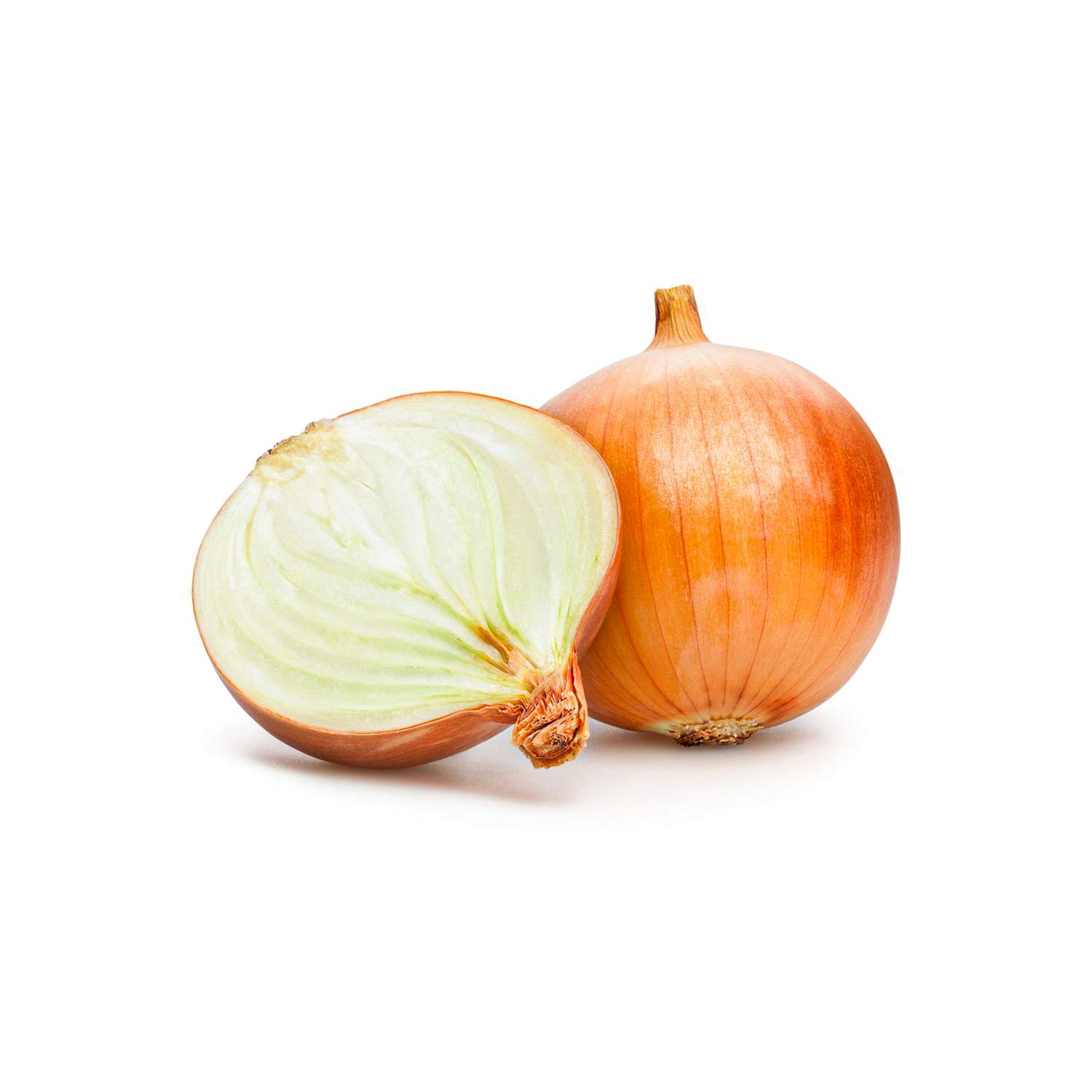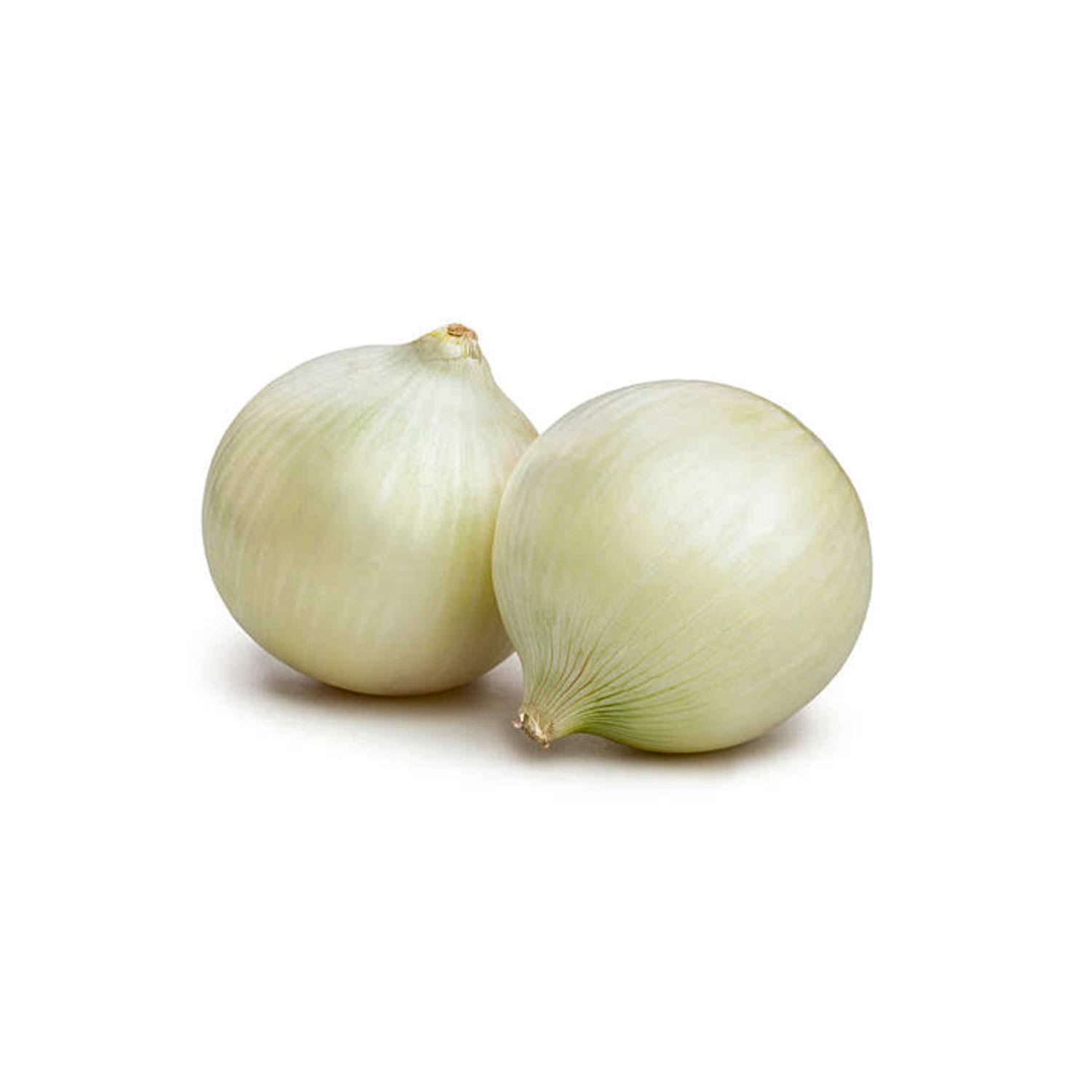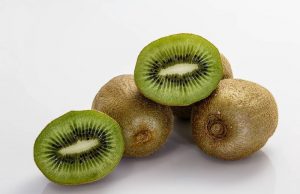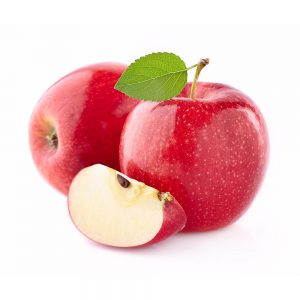A Nutrient-Packed Superfood
What is Persimmon?
Persimmon is a sweet, vibrant orange fruit that is packed with nutrients and health benefits. Originating from East Asia, persimmons have gained popularity worldwide due to their rich flavor and numerous health advantages. Moreover, they are a great source of vitamins, minerals, and antioxidants, making them a powerful addition to a healthy diet. Whether eaten raw or incorporated into recipes, persimmons offer a wide range of health benefits. Consequently, they are an excellent choice for anyone seeking to boost overall wellness.Persimmon Health Benefits



Key Health Benefits of Persimmons
1. Rich in Vitamins and Antioxidants
Persimmons are a nutritional powerhouse, loaded with essential vitamins and antioxidants that boost overall health. In particular, they are rich in vitamins A, C, and E, which are crucial for immune function, skin health, and combating free radicals that can cause cellular damage. Furthermore, antioxidants in persimmons help protect cells from stress caused by environmental factors.
Benefits of Antioxidants:
Boosts immune health: Vitamin C in persimmons strengthens the immune system, protecting against common illnesses.
Protects skin: Vitamins A and E promote healthy skin and combat signs of aging by neutralizing free radicals.
Reduces oxidative stress: Antioxidants help protect cells from damage, thus supporting long-term health.
2. Supports Heart Health
Eating persimmons regularly can be beneficial for heart health. Specifically, persimmons are rich in fiber, potassium, and antioxidants, all of which support cardiovascular function. For instance, the high fiber content helps regulate cholesterol levels, while potassium assists in controlling blood pressure. As a result, the risk of heart disease can be reduced significantly.
How Persimmons Benefit the Heart:
Lowers cholesterol: Soluble fiber helps reduce LDL (bad) cholesterol, lowering the risk of atherosclerosis.
Regulates blood pressure: Potassium balances sodium levels in the body, supporting healthy blood pressure.
Improves circulation: Antioxidants protect blood vessels and reduce inflammation, thus promoting better blood flow.
3. Promotes Healthy Digestion
Persimmons are an excellent source of dietary fiber, which is essential for digestive health. Consequently, a single persimmon provides a significant amount of fiber, helping regulate bowel movements and prevent constipation. In addition, fiber supports the growth of healthy gut bacteria, promoting overall digestive well-being. Therefore, persimmons can be a key part of a gut-friendly diet.
Digestive Health Benefits:
Prevents constipation: High fiber content keeps the digestive system regular.
Supports gut health: Fiber promotes the growth of beneficial gut bacteria, improving nutrient absorption.
Aids in weight management: Fiber helps you feel full longer, making persimmons a great choice for weight control.
4. Helps Reduce Inflammation
Persimmons contain powerful compounds like flavonoids, carotenoids, and tannins, which have anti-inflammatory properties. As a result, these compounds can reduce inflammation in the body, lowering the risk of chronic diseases such as arthritis, diabetes, and heart disease. Furthermore, regular consumption may contribute to a lower inflammatory response, supporting long-term health.
Anti-Inflammatory Effects:
Reduces chronic inflammation: Persimmons help lower markers of inflammation, enhancing overall health.
Protects against chronic diseases: Reducing inflammation may decrease the risk of conditions like heart disease and arthritis.
5. Aids Vision and Eye Health
Persimmons are rich in vitamin A and carotenoids, which are essential for maintaining healthy vision. In particular, vitamin A improves night vision and helps prevent conditions such as cataracts and age-related macular degeneration (AMD). Moreover, lutein and zeaxanthin in persimmons protect the eyes from harmful blue light and oxidative stress. Therefore, persimmons are an excellent fruit for supporting long-term eye health.
Eye Health Benefits:
Prevents vision deterioration: Vitamin A and carotenoids help guard against eye disorders like cataracts and AMD.
Filters blue light: Lutein and zeaxanthin shield the eyes from blue light damage, preserving vision.
How to Add Persimmons to Your Diet
Persimmons are versatile and can be enjoyed in numerous ways. For example, you can eat them raw, add them to salads, blend them into smoothies, or use them in desserts like cakes and tarts. In addition, including persimmons in your diet boosts your intake of vitamins, antioxidants, and fiber. Consequently, persimmons provide a delicious way to support overall health.





